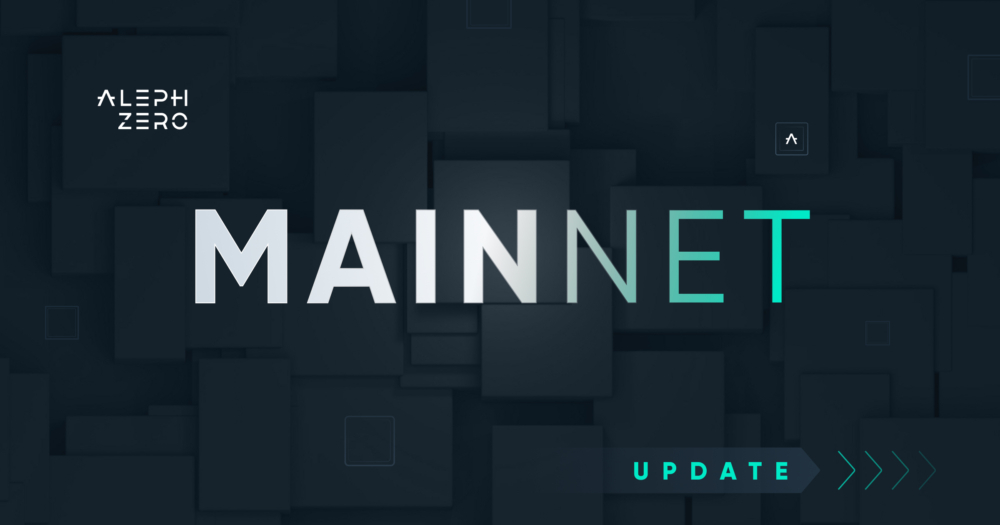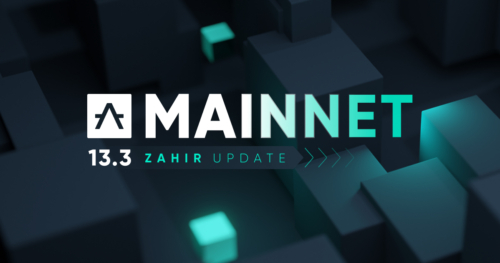Committee expands to 50 out of 120+ validators in a leap towards decentralization
Sep 5, 2023

We are thrilled to share that Aleph Zero has achieved a significant milestone in its journey towards decentralization. The block-producing committee on our Mainnet has successfully expanded to 50 nodes after over two weeks of successful Testnet verification.. Here’s what you need to know.
Putting block production in the hands of the community
Previously, Aleph Zero’s block production was managed by a committee of 14 nodes, randomly selected for each session–that is about every 15 minutes–from a pool of all available network validators. As of the time of writing, it nears 130 on the Mainnet and 80 on the Testnet.
This setup was in place until the Mainnet 11.0 update, which separated the committees responsible for block production and finalization. The Aleph Zero Foundation (AZF) held a supermajority in both processes.
However, today marks a transformative moment in the network’s evolution. The block-producing committee has been expanded to 50 nodes, with only 10 of these being AZF nodes. This shift effectively places the power of block production into the community’s hands.
For those interested in real-time updates, you can monitor this change under the Performance tab on test.azero.dev.
Ensuring fast development
While this is a significant step towards decentralization, it’s worth noting that the AZF will continue to hold a majority in the block finalization process. This is a deliberate choice to maintain the network’s stability and to facilitate rapid development. However, the expansion of the block-producing committee means that a greater number of validators can now actively participate in the network’s operation.
The road to on-chain governance
Aleph Zero was conceived with the vision of being not just fast and scalable, but also secure and decentralized. Achieving full decentralization is not a one-time event but a continuous process. The next major milestones on our roadmap include transferring the supermajority for block finalization to the community and ultimately introducing on-chain governance. This will allow the community to have a direct say in the network’s future development, but in order to do that, key features are needed, mainly Liminal.
Stay tuned for the next milestones!
The road to decentralization is paved with milestones, and today’s announcement is a significant one. We are committed to keeping you updated as we continue to make strides in this exciting journey. So, stay tuned for more updates and thank you for being a part of the Aleph Zero community!
By taking these steps, Aleph Zero is not just promising decentralization; it’s actively implementing it. We look forward to sharing more updates as we move closer to a fully decentralized network.


